Staff

Christopher T. Bavitz
Managing Director, Cyberlaw Clinic
Clinical Professor of Law and Vice Dean for Experiential and Clinical Education, Harvard Law School
Christopher T. Bavitz is the WilmerHale Clinical Professor of Law at Harvard Law School and the Law School’s Vice Dean for Experiential and Clinical Education. He is also Managing Director of HLS’s Cyberlaw Clinic, based at the Berkman Klein Center for Internet & Society. And, he is a Faculty Co-Director of the Berkman Klein Center. Chris teaches the Music & Digital Media course, and he concentrates his practice activities on intellectual property and media law (particularly in the areas of music, entertainment, and technology). He oversees many of the Cyberlaw Clinic’s projects relating to copyright, speech, advising of startups, and the use of technology to support access to justice, and he serves as the HLS Dean’s Designate to Harvard’s Innovation Lab. Chris’s research and related work at the Berkman Klein Center addresses intermediary liability and online content takedown regimes as well as regulatory, ethical, and governance issues associated with technologies that incorporate algorithms, machine learning, and artificial intelligence. Prior to joining the Clinic in 2008, Chris served as Senior Director of Legal Affairs for EMI Music North America. From 1998-2002, Chris was a litigation associate at Sonnenschein Nath & Rosenthal and RubinBaum LLP / Rubin Baum Levin Constant & Friedman, where he focused on copyright and trademark matters. Chris received his B.A., cum laude, and Certificate in Peace and Justice Studies from Tufts University in 1995 and his J.D. from University of Michigan Law School in 1998.

Armelle Bernard
Program Administrator
Armelle Bernard is the Program Administrator at the Harvard Law School Cyberlaw Clinic, based at the Berkman Klein Center for Internet & Society. Before joining the Clinic in 2022, Armelle worked at Harvard’s Institute for Quantitative Social Sciences (IQSS), where she joined in 2018 as an Office Manager and Faculty Assistant. At IQSS, Armelle managed the office and supported the teaching, research, and professional duties of two senior faculty in the Department of Government. Armelle was the administrative lead on several of IQSS’s programs. Armelle received her B.A. in Business Administration from Dean College in Franklin, MA. She is a graduate of the FY22 Staff Mentoring Program (FAS) and an Emerging Leaders Class of 2024 graduate at Harvard Law School. Her areas of interest include Immigration, Race Relations, and Social Justice. She is also a professional event planner in her spare time and a lover of travel and music.
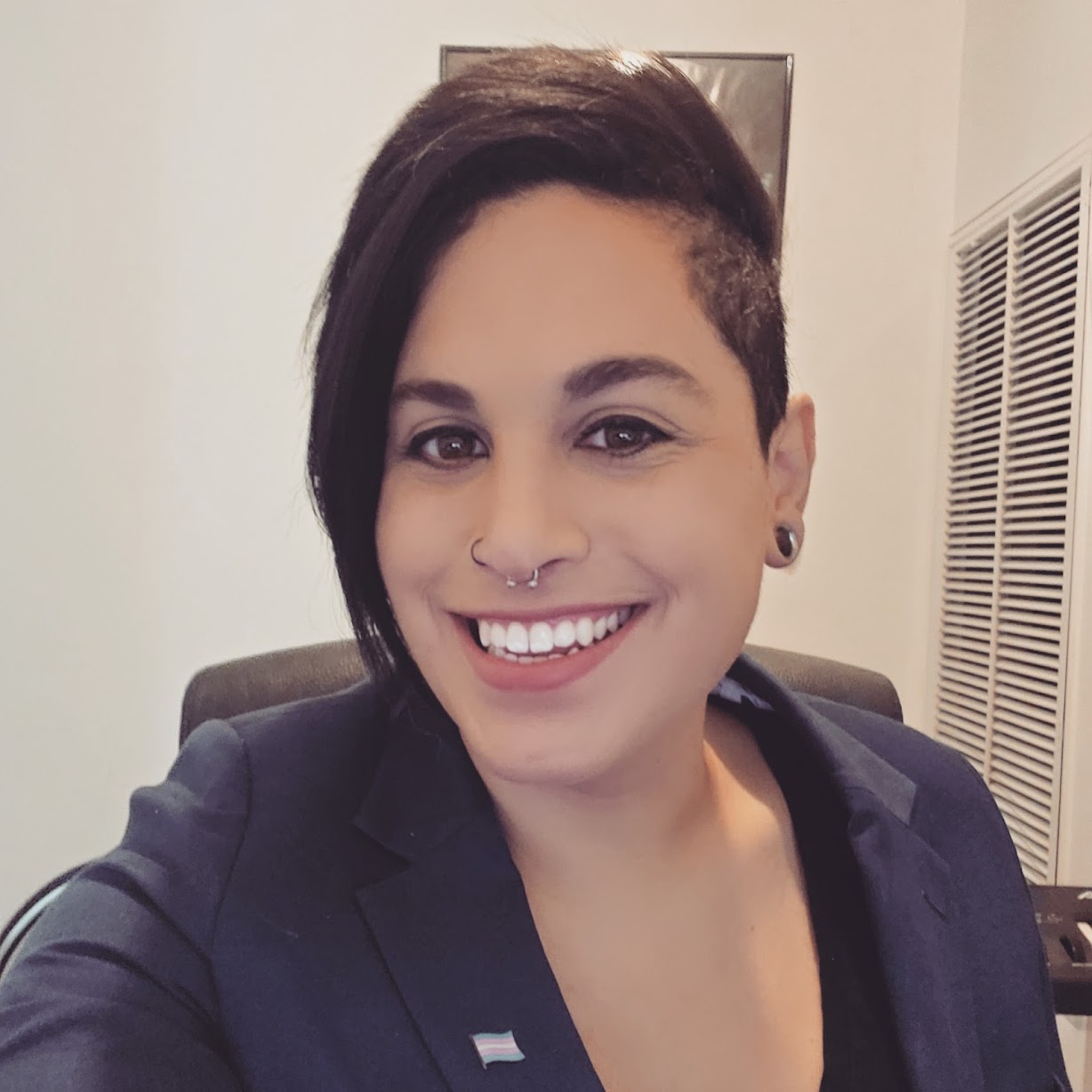
Alejandra Caraballo
Clinical Instructor
Alejandra Caraballo is a Clinical Instructor at Harvard Law School’s Cyberlaw Clinic. Prior to joining the clinic, Alejandra was a staff attorney at the Transgender Legal Defense and Education Fund and a Staff Attorney at the LGBTQ Law Project at New York Legal Assistance Group. Alejandra’s professional focus has been on advancing the civil rights of LGBTQ people in a variety of civil legal contexts such as healthcare access, immigration, and family law. Alejandra received her J.D. from Brooklyn Law School where she concentrated in IP and Media Law. She received her B.A. in Government and World Affairs with a minor in Chemistry at the University of Tampa. Alejandra previously served as the Secretary of the LGBTQ Rights Committee of the New York City Bar Association and was appointed as the first openly trans community board member in Brooklyn. Alejandra’s areas of interests include the intersection of technology and disability rights, sex worker advocacy, and the implications of quantum computing on encryption. In her spare time, she can be found playing guitar, building computers, creating electronic music, and brewing beer.
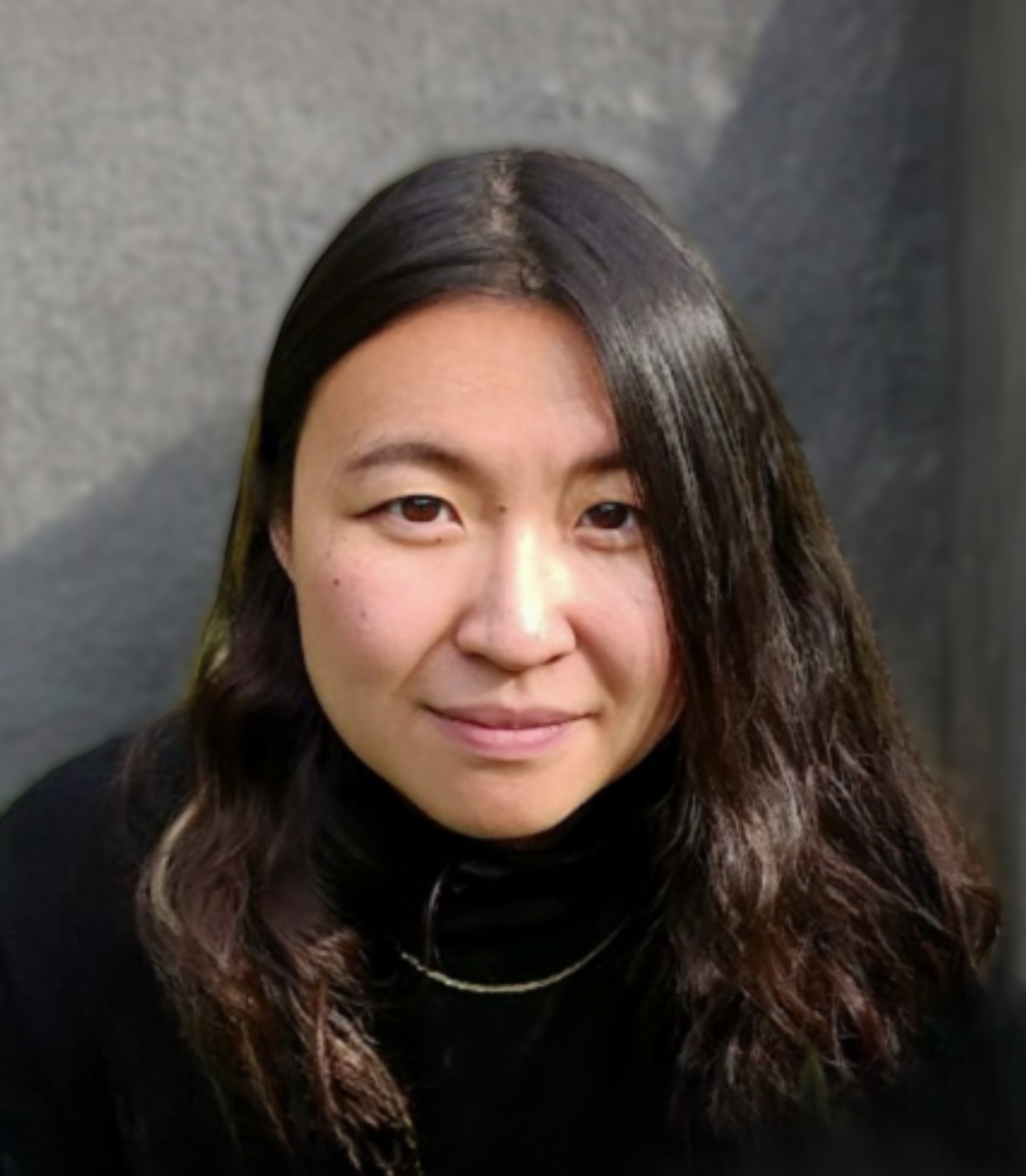
Wendy Chu
Clinical Instructor
Wendy Chu is a Clinical Instructor at the Harvard Law School Cyberlaw Clinic. Her areas of interest include intellectual property, privacy, media law, and nonprofit and startup counseling. Prior to joining the Clinic, Wendy was a technology transactions associate at Morrison Foerster, where she advised on a broad range of technology, intellectual property, internet law, media law, and commercial issues. While at Morrison Foerster, she also served as a secondee to a large technology company and negotiated complex commercial agreements alongside business, product, and engineering staff. Wendy received her J.D. from Harvard Law School and her B.S. in economics and political science from Northeastern University. She is a member of the Leadership Council at the Chinese-American Planning Council, the nation’s largest Asian American social services organization. In her spare time, she enjoys playing in chamber music ensembles and planning themed parties.

Mason Kortz
Senior Clinical Instructor
Mason Kortz is a Senior Clinical Instructor at the Harvard Law School Cyberlaw Clinic, part of the Berkman Klein Center for Internet & Society. His areas of interest include online speech and privacy and the use of data products (big or small) to advance social justice. Mason has worked as a data manager for the Scripps Institution of Oceanography, a legal fellow in the Technology for Liberty Project at the American Civil Liberties Union of Massachusetts, and a clerk in the District of Massachusetts. He has a JD from Harvard Law School and a BA in Computer Science and Philosophy from Dartmouth College. In his spare time, he enjoys cooking, reading, and game design.

Michael Rosenbloom
Clinical Instructor
Michael’s areas of legal focus lie on the intersections between design, policy, and human behavior online, particularly in the realms of speech, privacy, and platform regulation.
Michael earned a BS in Science, Technology, and Society at Stanford University, an MSc in Social Science of the Internet at the Oxford Internet Institute, a JD from Columbia Law School, and an LL.M in Advocacy through Georgetown Law.
Michael enjoys cooking, computer games, and painting miniatures with tiny brushes.

Waide Warner
Clinical Instructor
Waide Warner is senior counsel in the Corporate Department of the law firm, Davis Polk, a Lecturer on Law at Harvard Law School, and he serves as a Senior Advisor and Clinical Instructor to the Cyberlaw Clinic. Waide works with the Clinic on matters related to digital inclusion, government use of technology and civic innovation. As a Davis Polk Partner for more than 25 years, he led the project finance practice, advising on a broad range of U.S. and international financings, restructurings, and joint ventures in the telecommunications, transportation, energy and mining sectors across the Americas, Europe, Asia and Africa.
Advisors
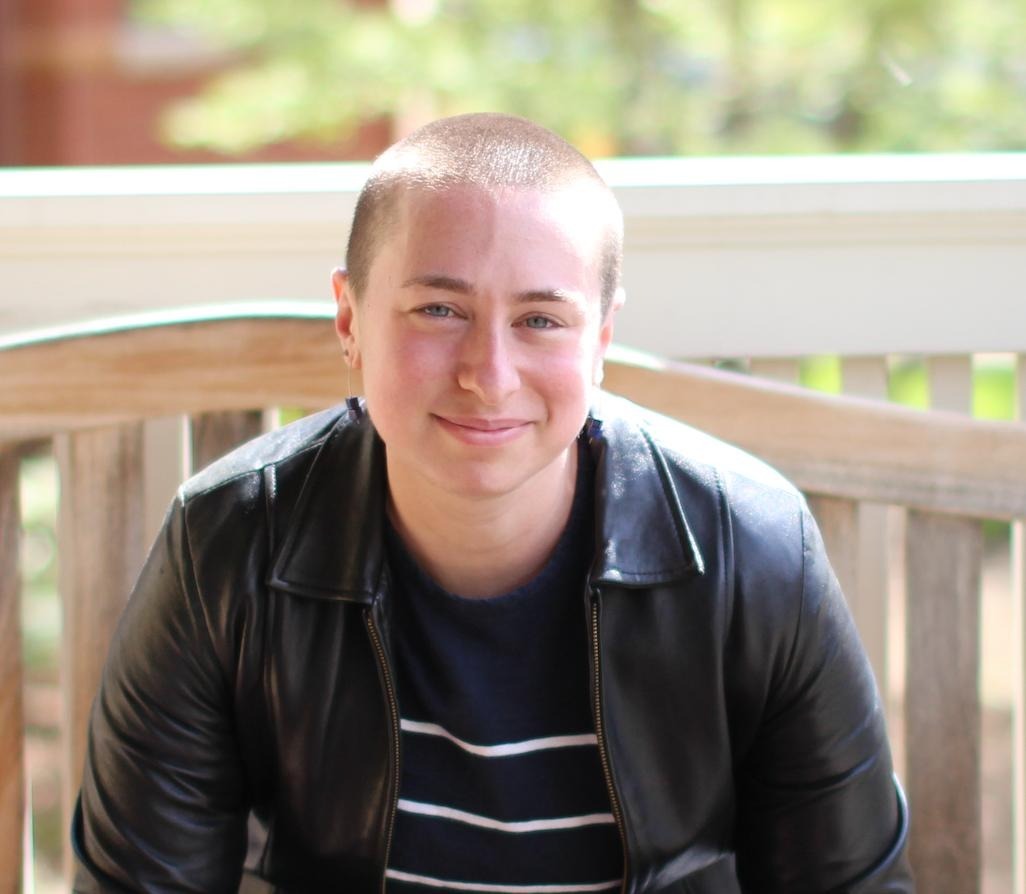
Kendra Albert
Advisor
Kendra Albert is an Advisor to the Cyberlaw Clinic. They previously served as a Clinical Instructor at the Cyberlaw Clinic and a scholar of computing, gender, and society. In addition to their work in the Clinic, Kendra founded and currently runs the Initiative for a Representative First Amendment, which provides funding and support to students from backgrounds traditionally underrepresented in freedom of expression work.
Kendra also served as a lecturer in the Program on Studies of Women, Gender, and Sexuality at Harvard University. Their scholarship has been published in the Yale Journal of Law and Technology, Harvard Civil Rights Civil Liberties Law Review, the Columbia Human Rights Law Review, ACM FAccT, Cell Patterns, and volumes such as Feminist Cyberlaw and the Handbook of Critical Studies of Artificial Intelligence.
Kendra holds a JD cum laude from Harvard Law School and a BHA from Carnegie Mellon University. They serve as the Chair of the Board of Directors for the Tor Project, and as a member of the Board of Directors of the ACLU of Massachusetts.
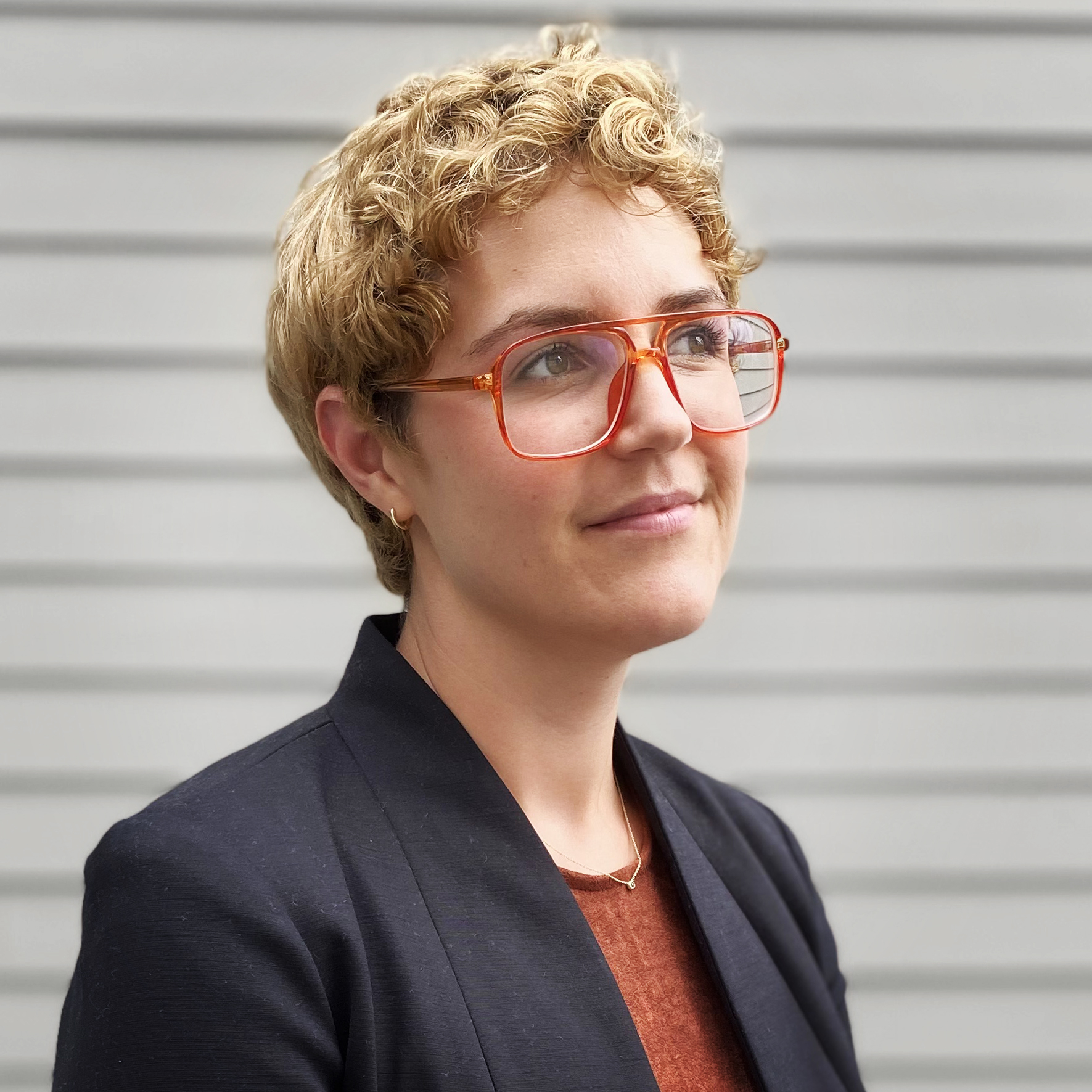
Jessica Fjeld
Advisor
Jessica Fjeld is an Advisor to the Cyberlaw Clinic and previously served as the Clinic’s Assistant Director. Her work is focused on addressing structural inequity and supporting human rights defenders, creatives, and archivists, especially as their activities intersect with emerging technology. She is a member of the board of the Global Network Initiative, a multistakeholder organization that protects and advances user freedom of expression and privacy around the world. Before joining the Clinic, Jessica worked in Business & Legal Affairs for WGBH Educational Foundation, where she advised the American Archive of Public Broadcasting along with numerous WGBH productions. She began her legal career as an associate at Skadden, Arps, Slate, Meagher & Flom LLP focused in corporate transactions. Jessica is also a poet, the author of Redwork (BOAAT Press, 2018), and the recipient of awards from the Poetry Society of America and the 92nd Street Y/Boston Review Discovery Prize. She holds a JD from Columbia Law School, where she was a Hamilton Fellow, James Kent Scholar and Managing Editor of the Journal of Law and the Arts; an MFA in Poetry from the University of Massachusetts; and a BA from Columbia University.
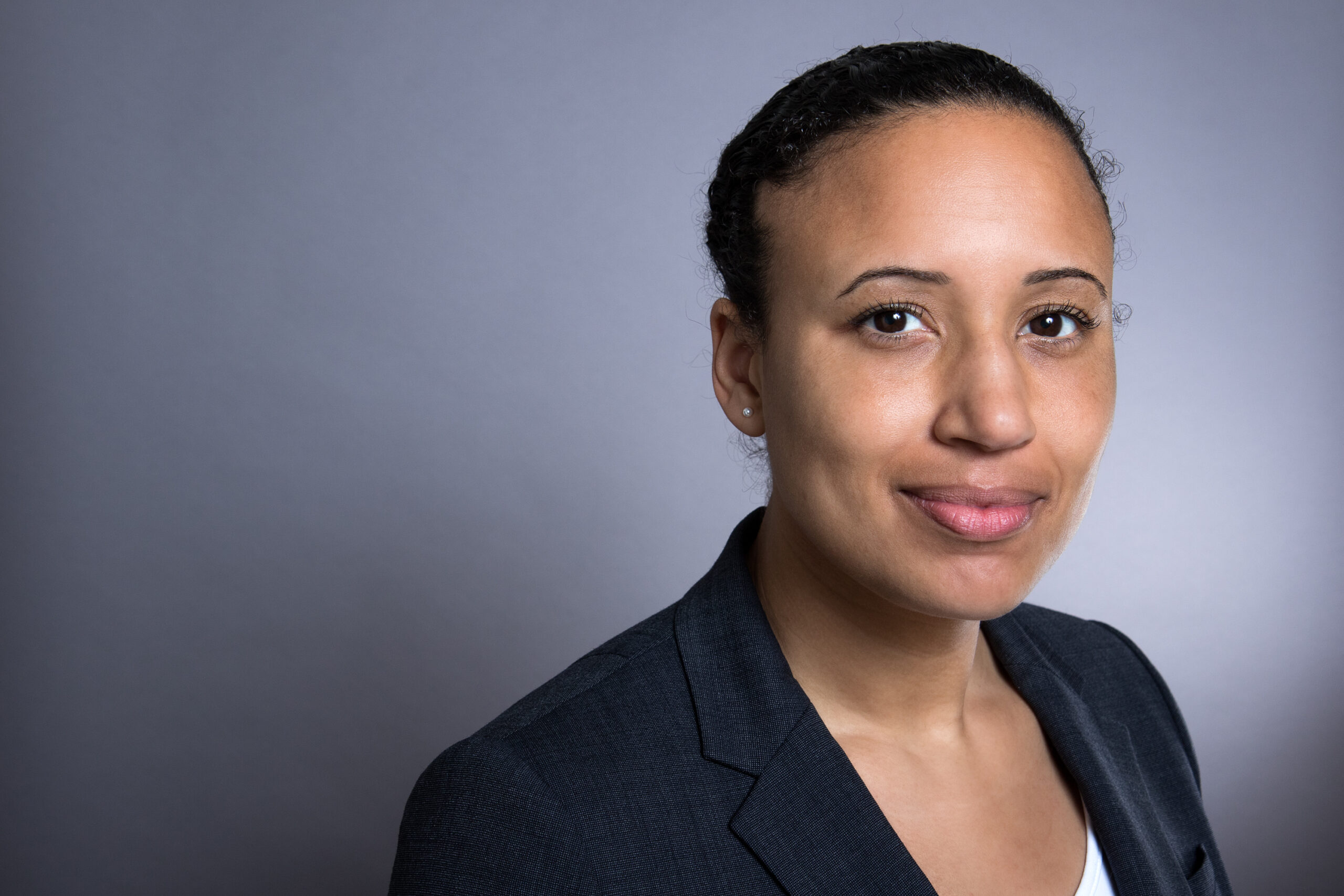
Nani Jansen Reventlow
Advisor to the Cyberlaw Clinic
Nani Jansen Reventlow is an Associate Tenant at Doughty Street Chambers and an affiliate at the Berkman Klein Center for Internet & Society at Harvard University, where she was a 2016-2017 Fellow. She has been an advisor to Harvard’s Cyberlaw Clinic since 2016. Nani is a recognised international lawyer and expert in human rights litigation responsible for groundbreaking freedom of expression cases across several national and international jurisdictions. Between 2011 and 2016, Nani has overseen the litigation practice of the Media Legal Defence Initiative (MLDI) globally, leading or advising on cases before the European Court of Human Rights, the Inter-American Court of Human Rights, the UN Human Rights Committee, the UN Working Group on Arbitrary Detention and several African regional forums. Nani obtained the first freedom of expression judgment from the African Court on Human and Peoples’ Rights (Konaté v. Burkina Faso) and from the East African Court of Justice (Burundi Journalists Union v. Burundi). As a Fellow at the Berkman Klein Center, Nani developed the Catalysts for Collaboration website (https://catalystsforcollaboration.org), which offers a set of best practices and case studies encouraging activists to collaborate across disciplinary silos and use strategic litigation in digital rights campaigns. A Dutch-qualified attorney, Nani graduated in civil law and public international law from the University of Amsterdam and specialised in human rights at Columbia Law School and the European University Institute. She has developed and delivered training sessions on freedom of expression and human rights litigation to dozens of lawyers from several diverse jurisdictions, including India, Russia, Cambodia, Hungary, Botswana and Croatia. Nani is a member of the project board of the Public Interest Litigation Project and a strategic adviser to GQUAL, campaign for gender parity in international representation. She further serves on the advisory group of the Internet Policy Observatory and on the board of Ranking Digital Rights.

Afsaneh Rigot
Advisor to the Cyberlaw Clinic
Afsaneh Rigot is a scholar and researcher covering issues of law, technology, LGBTQ, refugee, and human rights. Her work and her research pose questions about the effects of technology in contexts for which it was not designed, and the effects of western-centrism on vulnerable and hard-to-reach communities. She also looks, in theory and practice, at how to constructively engage with power-holding corporations.
She is a senior researcher at ARTICLE 19 focusing on human rights issues and international corporate responsibility in the Middle East and North Africa (MENA). She is also an Affiliate at the Berkman Klein Center for Internet and Society, and a Technology and Public Purpose Fellow at Harvard Kennedy School’s Belfer Center for Science and International Affairs.
At ARTICLE 19, Afsaneh continues to lead transnational research uncovering how police and states in MENA use technology to target, harass and arrest LGBTQ people based on their identity. Independently, she has conducted the first research on the use of digital evidence and legal frameworks in the prosecution of LGBTQ people in courts.
Through her work and research, Afsaneh has created recommendations for major social media and communications technologies to push companies for accountability and responsibility for the safety, security, and privacy needs of communities she is embedded in. To date, her work has led to major changes to some of the biggest social media and communications platforms. She is also consulted by international NGOs and UN bodies.
Afsaneh has developed a design methodology for implementing changes to technology products by centering those most impacted, which she calls “Design from the Margins.” This methodology requiring a departure from structures and design processes that focus on the “main use cases,” instead highlighting the benefits to all users from design based on those most marginalized and gravely impacted by design decisions. The work refutes the often-repeated idea that due to business incentives, companies cannot be held to account for so-called “edge cases.”
Teaching Fellows (F25)
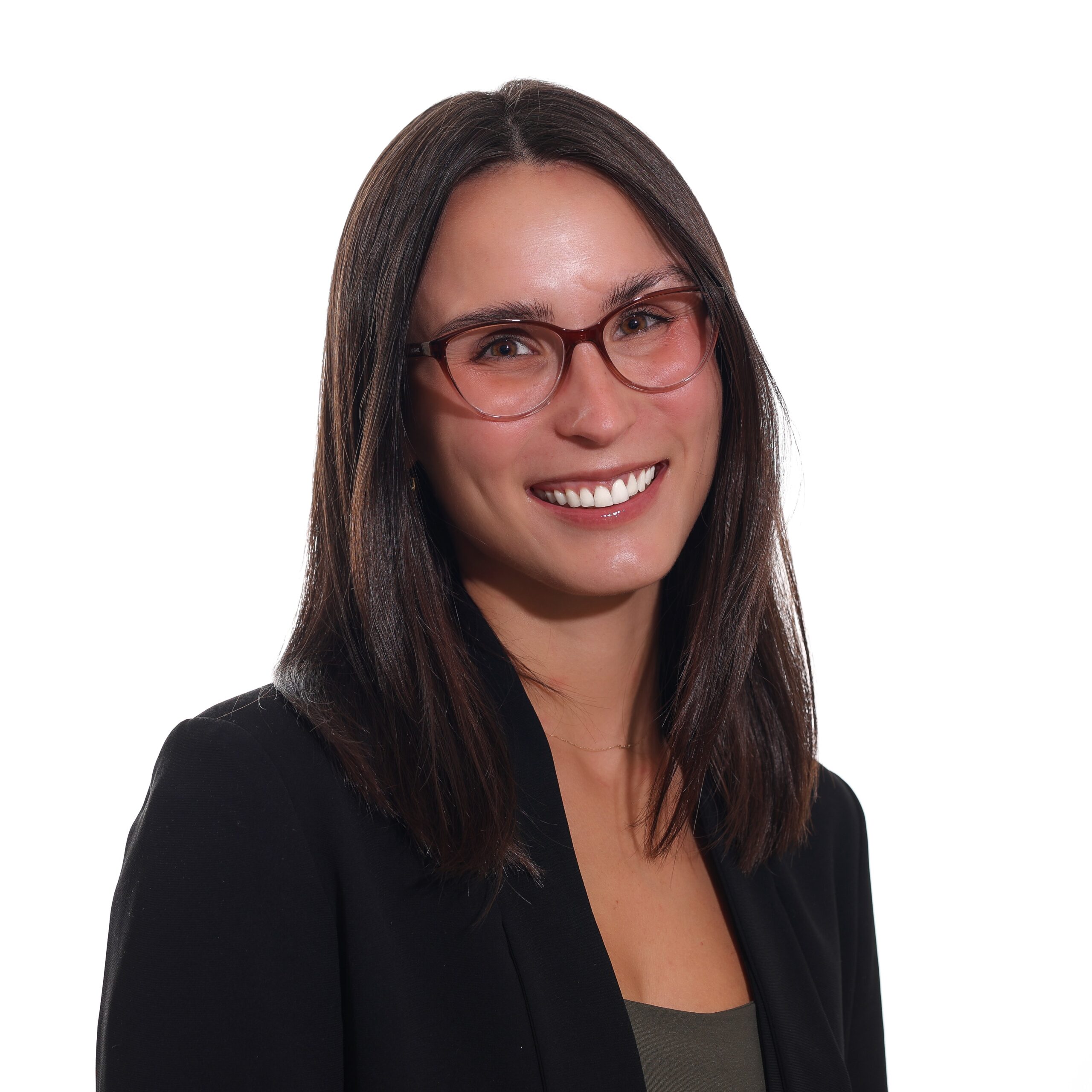
Emma Lester
Teaching Fellow, Cyberlaw Clinic (F25)
Emma is a third-year law student from Belmont, Massachusetts. She joined the Cyberlaw Clinic in Fall 2024 with an interest in the intersection of criminal procedure and technology. Before law school, she graduated from Cornell University and worked at the Manhattan District Attorney’s Office. Emma spilt her 1L summer between the Office of Special Investigations at the New York Attorney General’s Office and the Cornell Center on the Death Penalty Worldwide. She spent her 2L summer at WilmerHale in New York and plans to return after graduation. At HLS, Emma is a student attorney with the Harvard Prison Legal Assistance Project (PLAP) and is involved with the Journal of Law and Technology. In her free time, she enjoys practicing yoga, cooking, and crocheting.
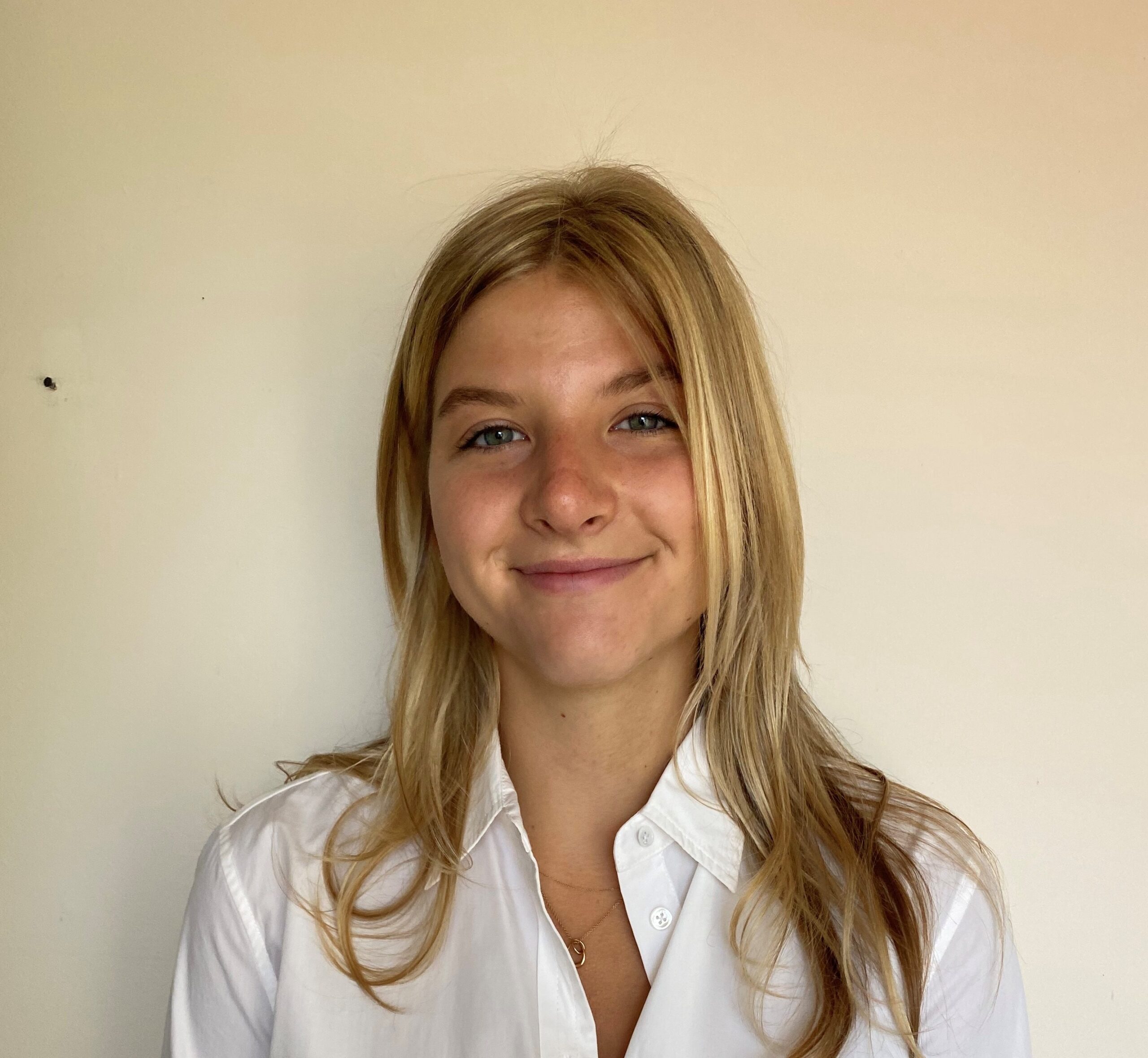
Alex Reice
Teaching Fellow, Cyberlaw Clinic (F25)
